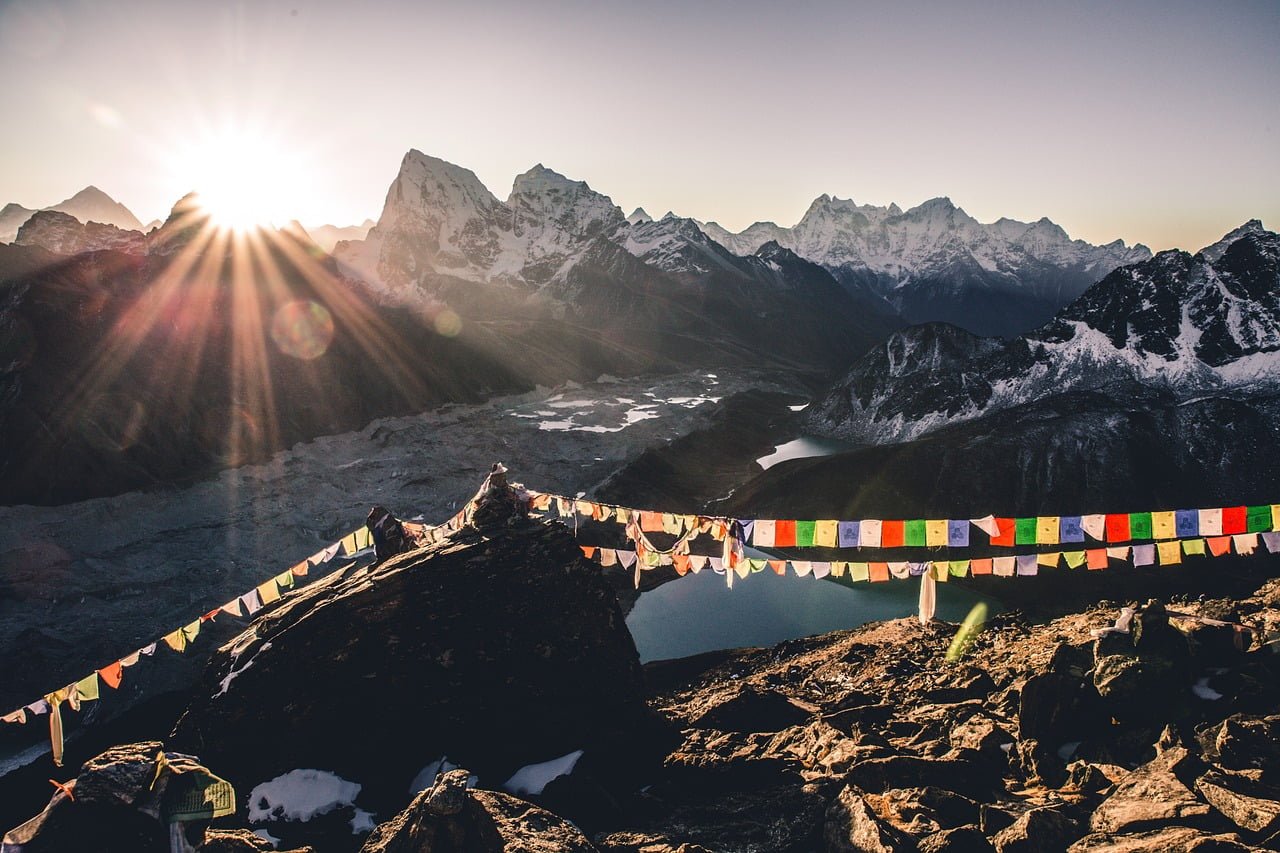Do I Need a Visa for Nepal?
If you're planning a trip to Nepal, the question of whether you need a visa is crucial. Understanding the visa requirements and application process can save you time and hassle during your travels. But what about the types of visas available and their costs? Let's explore the ins and outs of obtaining a visa for Nepal to ensure a smooth journey.
Visa Requirements for Nepal
To visit Nepal, you must meet specific visa requirements that include submitting essential documents and paying the applicable fees. For Tourist Visas, upon arrival in Nepal, you can obtain a visa at the Entry Immigration by producing the required documents like a passport, photo, and filled-out application form. The Visa fees collection counter is conveniently located at the airport for your ease. If you plan to extend your stay beyond the initial visa period, you can apply for a non-tourist visa extension. It is advisable to secure your visa prior to your trip to avoid any last-minute complications.
If you decide to get your visa upon arrival, the process is straightforward. Upon landing, proceed to the Arrival Visa procedure, where you can obtain a visa to stay in Nepal for up to 15, 30, or 90 days. Remember, your visa needs to be used to enter Nepal within six months from the date of issue. In case you prefer to obtain your visa in advance, you can do so through Nepalese Diplomatic Missions stationed in various countries. By following these steps, you can ensure a smooth entry into the beautiful country of Nepal.
Types of Visas Available
Several types of visas are available for travelers planning to visit Nepal. If you're looking to explore the beautiful landscapes and rich culture as a tourist, you can apply for a Tourist Visa. These visas have a maximum validity of 90 days and can be extended if you wish to stay longer. For added convenience, tourists from eligible countries can also obtain a Visa on Arrival in Nepal. This option allows for multiple re-entry during your visit.
Business travelers can apply for a business visa to engage in commercial activities in Nepal. It's essential to note that nationals of specific countries may need to acquire visas from Nepalese diplomatic missions before their entry. If you decide to extend your stay in Nepal, you can do so by visiting the Pokhara Immigration Office for a visa extension.
Understanding the different visa types and their requirements is crucial for a hassle-free entry into Nepal. Whether you're planning a short vacation or an extended business trip, ensuring you have the appropriate visa will make your stay in Nepal smooth and enjoyable.
Visa Application Process
For a seamless entry into Nepal, the visa application process involves obtaining your visa on arrival at immigration offices or from Nepalese Diplomatic Missions abroad. Here are some essential steps to guide you through the tourist visa application process:
- On Arrival: Arriving in Nepal, you can secure your tourist visa directly at the immigration offices. The process is generally quick and straightforward, although queues may form during peak tourist seasons.
- Consider Diplomatic Missions: To skip potential queues at the immigration offices, consider obtaining your tourist visa from Nepalese Diplomatic Missions abroad. This can save you time and hassle upon arrival.
- Online Form and Arrival Card: When applying for a tourist visa on arrival, you will need to fill out an online 'Tourist Visa' form. Additionally, you will be required to complete an Arrival Card with relevant details.
- Payment: The payment for your tourist visa can be made at the bank counter within the immigration department. The cost varies depending on the duration of the visa you choose.
Visa Fees and Payment
Visa fees in Nepal can vary depending on the type of visa required, ranging from $25 to over $100. It's crucial to stay updated on government decisions as the cost of a visa may change. Keep in mind that visa fees do not cover service fees or processing costs, which might be applicable. To ensure a smooth entry into Nepal, it is advisable to obtain your visa in advance and have all necessary documents ready for the visa application process. These documents typically include your passport, a recent photo, and a completed application form.
When planning your trip, budget for the visa fees based on the type of visa you need. Remember that unexpected service fees and processing costs may arise, so it's wise to have some extra funds set aside. By being proactive and taking care of your visa ahead of time, you can avoid any potential travel issues upon arrival in Nepal. Stay prepared, have your documents in order, and enjoy your journey without worrying about visa-related hassles.
Visa Extension and Overstay Regulations
Extending your stay in Nepal beyond the initial tourist visa period involves a straightforward process that allows for flexibility and convenience for travelers. Here are some key points to keep in mind when considering a visa extension in Nepal:
- Extension Duration: Tourist visas in Nepal can be extended for a minimum of 15 days, catering to your travel needs and plans.
- Late Fine: Be mindful of delays in visa extensions of less than 150 days, as there is a late fine applicable for exceeding the permitted period.
- Gratis Visa: Certain categories of applicants may qualify for a Gratis Visa, which exempts them from paying any fees for the visa extension.
- Processing Locations: When it comes to extending your tourist visa, the Pokhara Immigration Office is where you can go to get the process sorted out efficiently. For further inquiries or assistance, the Department of Immigration in Kathmandu is the place to seek more information and guidance.
Whether you find yourself in Pokhara or Kathmandu, the visa extension process is designed to offer ease and flexibility while ensuring compliance with overstay regulations in Nepal.

